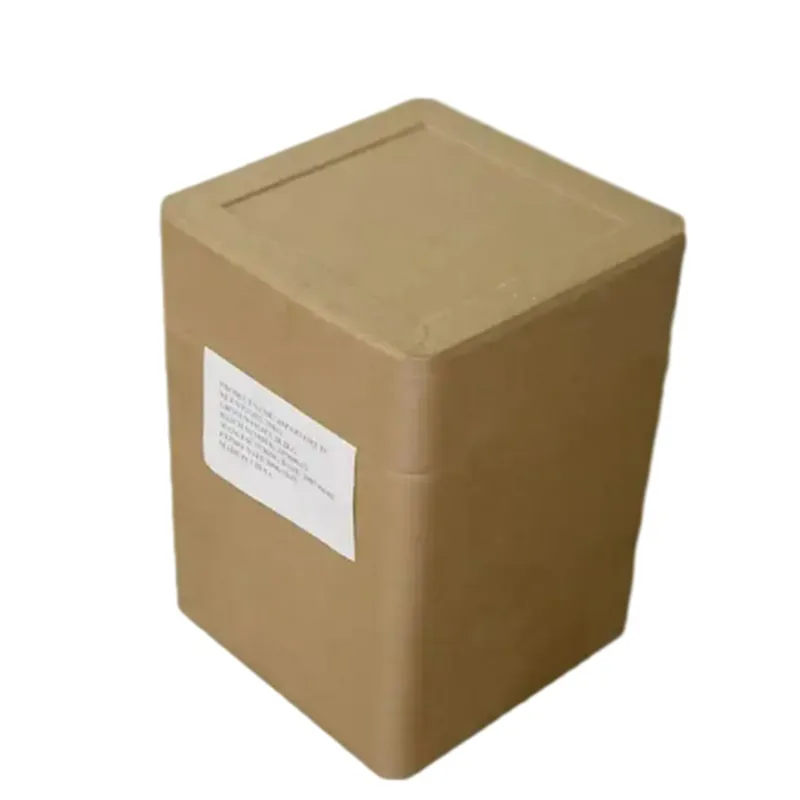
Chilled Water System Chemical Solutions for Efficient Cooling Applications
Chilled Water Treatment Chemicals Ensuring Efficiency and Longevity in HVAC Systems
Chilled water systems play a crucial role in modern HVAC (heating, ventilation, and air conditioning) applications by providing cooling to commercial and industrial buildings. These systems rely on chilled water to absorb heat from occupied spaces, making it essential for maintaining comfortable indoor environments. However, to maintain optimal efficiency and prolong the lifespan of these systems, proper treatment with specialized chemicals is necessary. This article delves into the importance of chilled water treatment chemicals, their types, and their role in enhancing system performance.
The Importance of Chilled Water Treatment
Chilled water systems are susceptible to various issues like scale formation, corrosion, and bacterial growth. Scale deposits, often composed of minerals such as calcium and magnesium, can reduce heat transfer efficiency and increase energy consumption. Corrosion can lead to leaks and system failures, while biofilm and bacterial growth can cause health risks and poor indoor air quality. Therefore, utilizing appropriate treatment chemicals is vital to prevent these problems, ensuring the efficiency, reliability, and longevity of chilled water systems.
Types of Chilled Water Treatment Chemicals
1. Corrosion Inhibitors Corrosion inhibitors are chemicals that protect metal surfaces from rust and degradation caused by water and environmental factors. They form a protective film on the metal surfaces, thereby minimizing direct exposure to corrosive elements. Common corrosion inhibitors include phosphonates, azoles, and molybdates, each suited for different metal types and water chemistries.
chilled water treatment chemicals

2. Scale Inhibitors Scale inhibitors help prevent the formation of scale deposits within the chilled water system. They work by interfering with the crystallization process of minerals in the water, keeping them in a suspended state. This prevents the minerals from settling on heat exchange surfaces. Common scale inhibitors include polyacrylic acids and phosphate-based compounds.
3. Biocides The presence of microorganisms in chilled water systems can lead to biofilm formation and pathogen growth, compromising both system efficiency and indoor air quality. Biocides are chemicals that help to control bacterial and fungal growth. Commonly used biocides include chlorine, bromine, and isothiazolinones. The choice of biocide should be made cautiously, considering potential impacts on human health and environmental safety.
4. pH Adjusters Maintaining an optimal pH level is crucial for the efficacy of corrosion inhibitors and biocides. Acidic or alkaline water can lead to increased corrosion rates or reduced biocide effectiveness. pH adjusters, such as sodium hydroxide or sulfuric acid, are used to maintain the water's pH within the desired range (typically 7-8.5) to ensure optimal performance of the treated chemicals.
5. Neutralizing Amines In systems where steam is utilized, neutralizing amines may be added to the chilled water to inhibit corrosion. These chemicals help to neutralize acidic conditions that can promote corrosive environments, ensuring the protection of critical components throughout the system.
Conclusion
The effective treatment of chilled water systems with the appropriate chemicals is essential in preventing operational inefficiencies, reducing energy consumption, and ensuring the safety and comfort of indoor environments. By choosing the right combination of corrosion inhibitors, scale inhibitors, biocides, and pH adjusters, facility managers can significantly enhance the reliability and longevity of their HVAC systems. Regular monitoring and maintenance, coupled with effective chemical treatment, is crucial for the long-term sustainability of chilled water systems, ultimately contributing to energy efficiency and operational cost savings. As technology and chemical formulations continue to evolve, keeping abreast of innovations in chilled water treatment will further enhance system performance in a changing environment.
-
Sodium Dichloroisocyanurate Safety Handling ProtocolsNewsJul.29,2025
-
Mining Chemicals for Copper Extraction Processes GuideNewsJul.29,2025
-
Fertilizer for Sale Shipping and Storage TipsNewsJul.29,2025
-
Dimethyl Disulfide as Sulfurizing AgentNewsJul.29,2025
-
Benzotriazole Safety Data Handling and Storage GuidelinesNewsJul.29,2025
-
Ammonium Bicarbonate Safety Handling Storage GuidelinesNewsJul.29,2025
-
The Transformative Role Of Trichloroisocyanuric Acid in Water TreatmentNewsJul.23,2025
Hebei Tenger Chemical Technology Co., Ltd. focuses on the chemical industry and is committed to the export service of chemical raw materials.
-

view more DiethanolisopropanolamineIn the ever-growing field of chemical solutions, diethanolisopropanolamine (DEIPA) stands out as a versatile and important compound. Due to its unique chemical structure and properties, DEIPA is of interest to various industries including construction, personal care, and agriculture. -

view more TriisopropanolamineTriisopropanolamine (TIPA) alkanol amine substance, is a kind of alcohol amine compound with amino and alcohol hydroxyl, and because of its molecules contains both amino and hydroxyl. -

view more Tetramethyl Thiuram DisulfideTetramethyl thiuram disulfide, also known as TMTD, is a white to light-yellow powder with a distinct sulfur-like odor. It is soluble in organic solvents such as benzene, acetone, and ethyl acetate, making it highly versatile for use in different formulations. TMTD is known for its excellent vulcanization acceleration properties, which makes it a key ingredient in the production of rubber products. Additionally, it acts as an effective fungicide and bactericide, making it valuable in agricultural applications. Its high purity and stability ensure consistent performance, making it a preferred choice for manufacturers across various industries.











